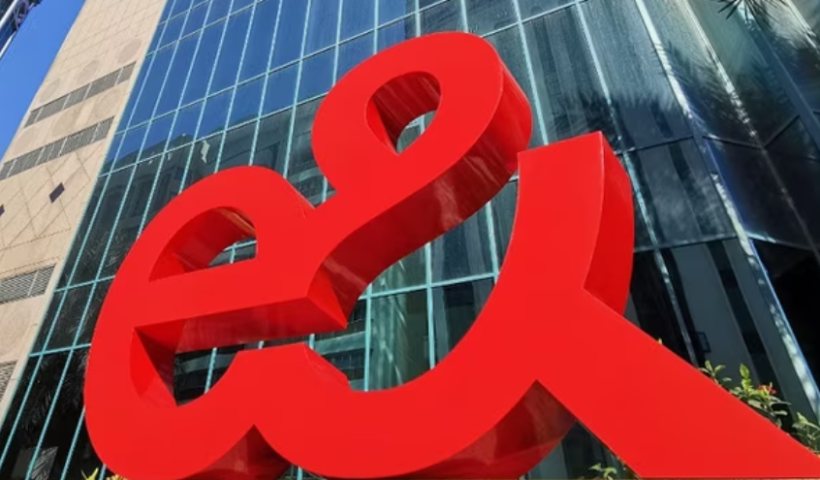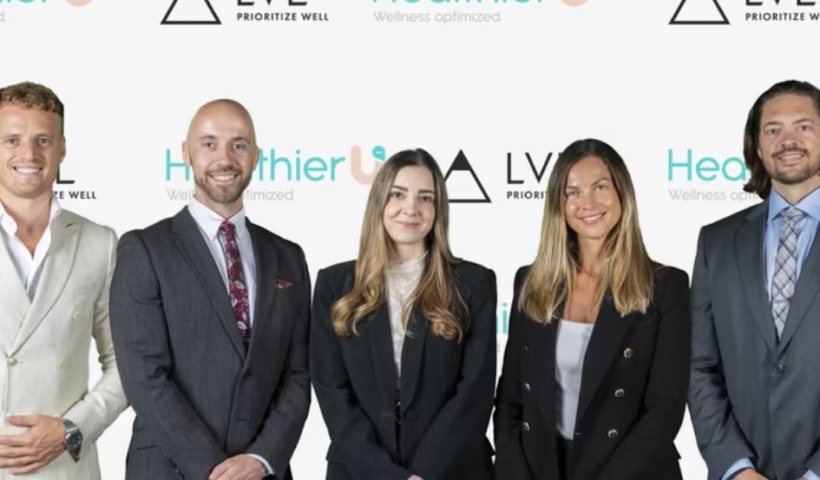Airalo, the eSIM marketplace that seeks to grow its global presence, has raised $60 million in series B funding led by e& capital, the investment arm of the multinational technology conglomerate that used to be known as Etisalat Group, based in the United Arab Emirates.
The US start-up Airalo said in a statement on Wednesday that the investment, which brings the company’s total funding to $67.3 million, was made possible by Antler Elevate, Liberty Global, Orange, T.Capital, Rakuten Capital, Singtel Innov8, Telefonica Ventures, Sequoia Capital India, Surge, KPN Ventures, and I2BF Global Ventures.
According to the company, the financial infusion will be used to support Airalo’s expansion objectives, which include growing its global team and scaling its community of millions of members.
Additionally, it will utilize the money to launch a brand-new connectivity service called Airalo Partners for businesses and organizations.
Kushal Shah, the managing director of Abu Dhabi-based e& capital, stated, “We have total faith in Airalo’s ability to grow its user base, bolster its diverse team, and provide its most recent offering, Airalo Partners, a revolutionary networking solution for global companies and organizations.”
“We are ecstatic to assist Airalo in their endeavor to establish themselves as the indisputable global gateway for instant connectivity. We believe Airalo has the potential to become a necessary travel companion.”
Virtualized subscriber identification modules, or eSIMs, are substitutes for subscriber identity modules, which are mostly found in mobile devices like smartphones. They are specific to a particular mobile network and contain user identity, namely a mobile number.
Users can activate eSIMs online, saving them from the hassle of physically switching or moving SIM cards from one device to another.
Samsung Electronics with its Galaxy lineup, Google with its Pixel devices, and Apple with its iPhones are all significant providers of eSIM services.
According to Fortune Business Insights, the global eSIM market is expected to increase at a compound annual growth rate of 21%, from an anticipated $1.21 billion in 2023 to $4.62 billion by 2030.
Co-founders of Airalo Abraham Burak and Bahadir Ozdemir stated, “By offering very inexpensive and readily available connectivity all around the world, Airalo has alleviated the issues and enhanced the experience of millions of travelers.”
“We will be able to build the global gateway to instant connectivity with the support of this new investor consortium.”
Since its founding in 2019, Airalo has provided eSIM packages in more than 200 nations. There are plans to support 53 languages soon, and currently, the website and app are available in 22 languages.



